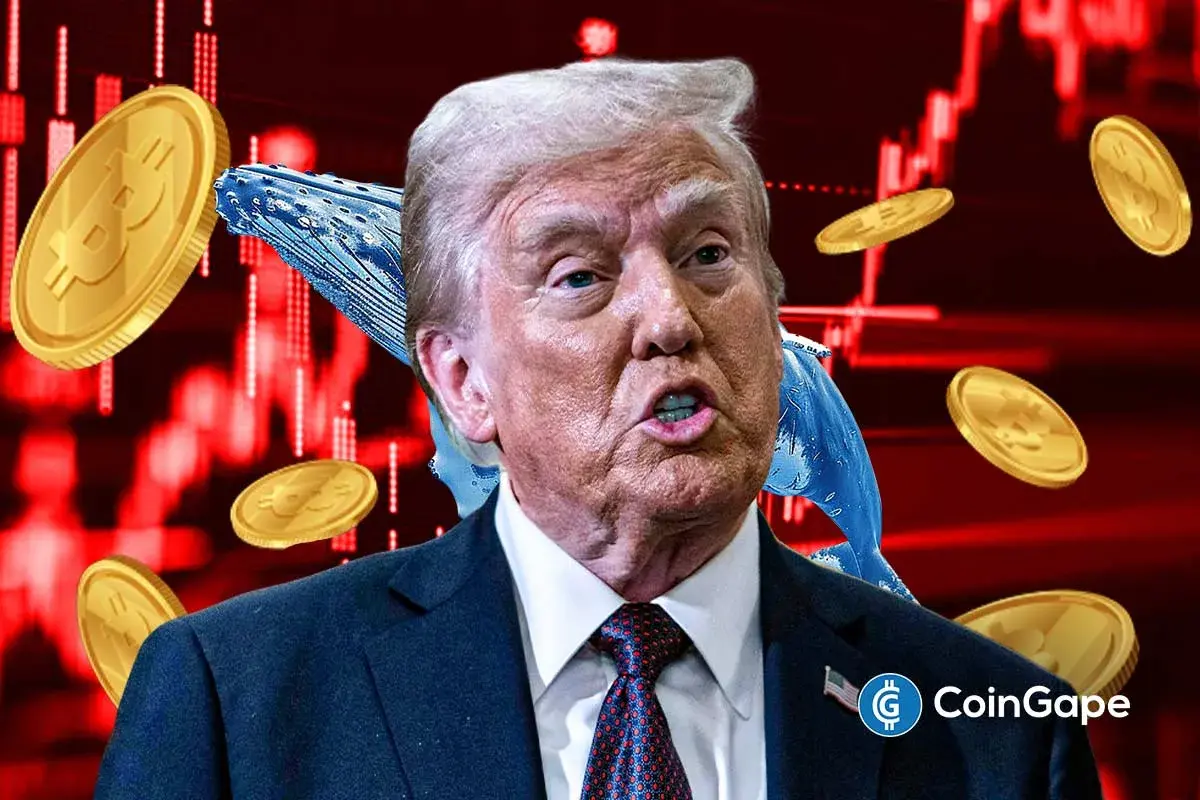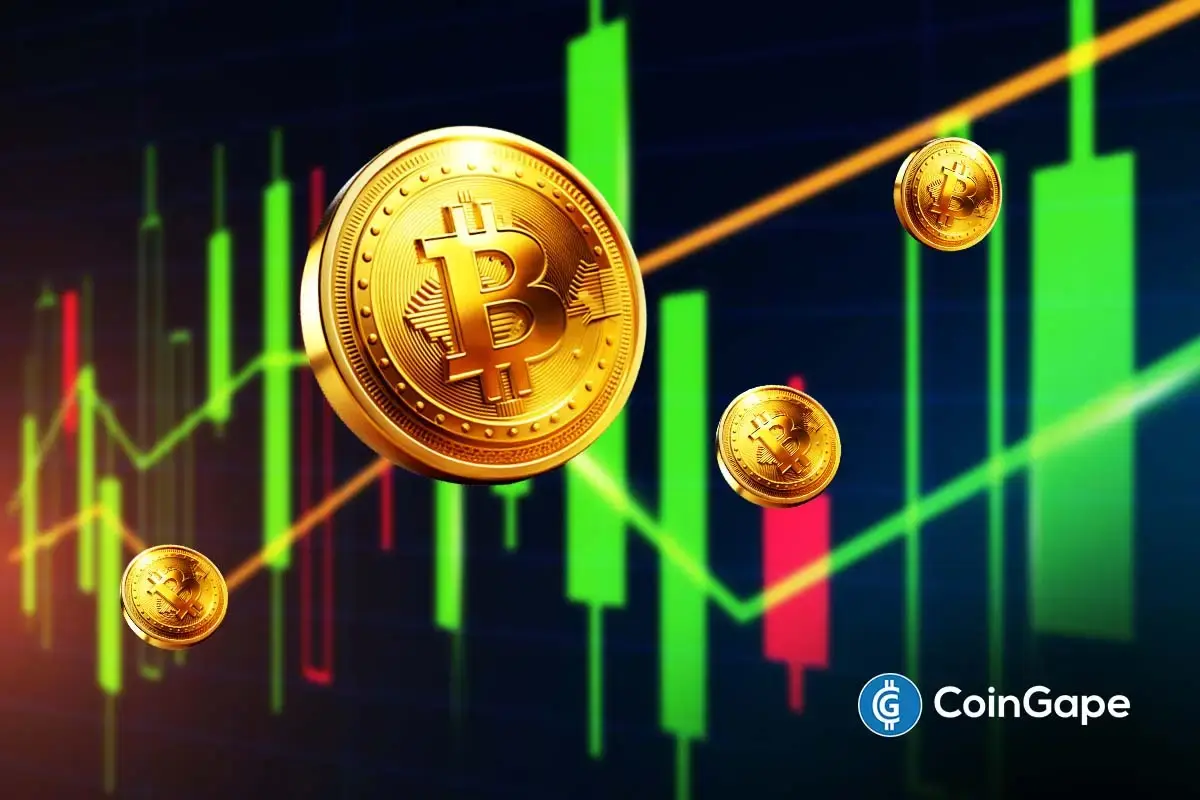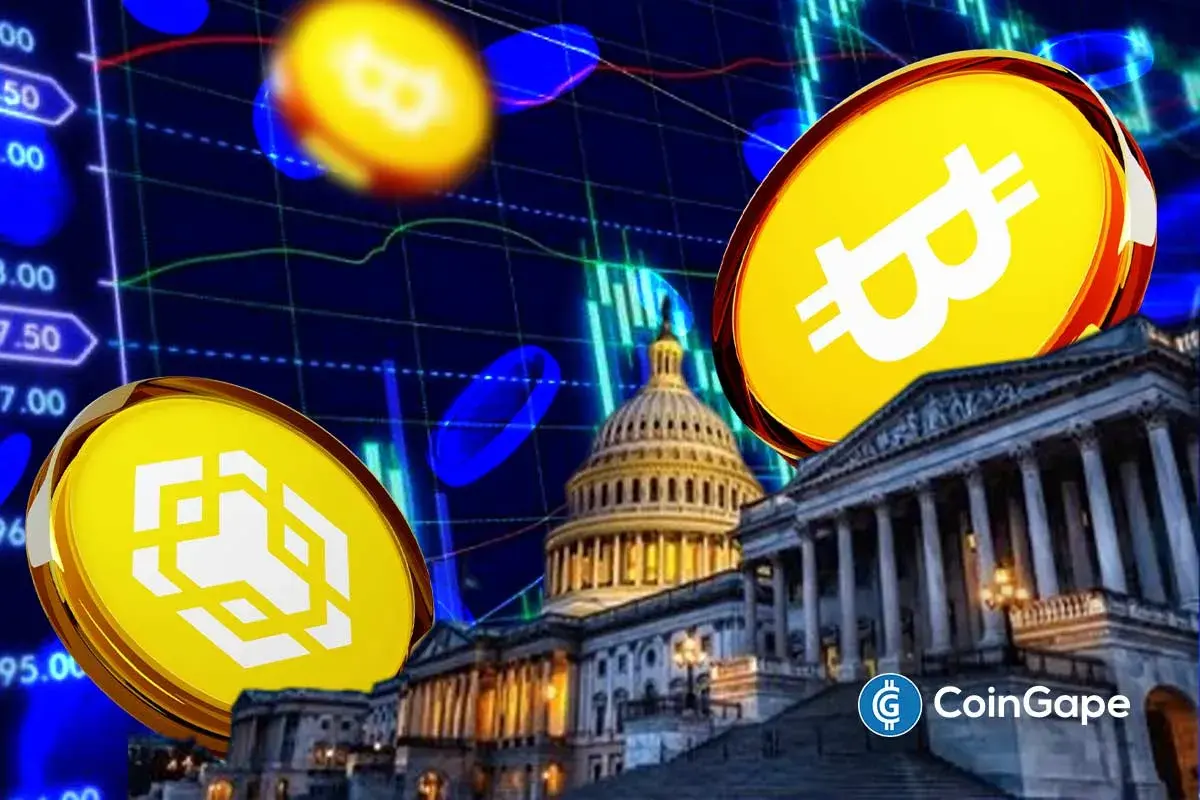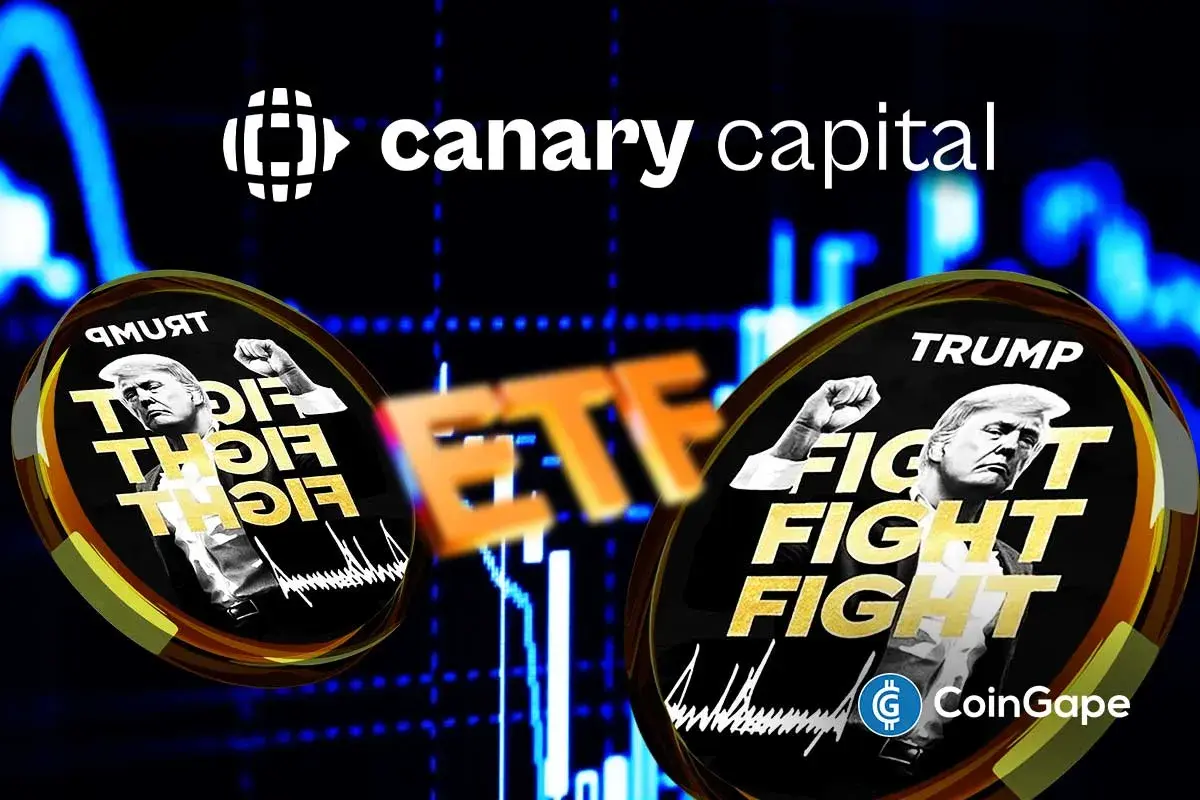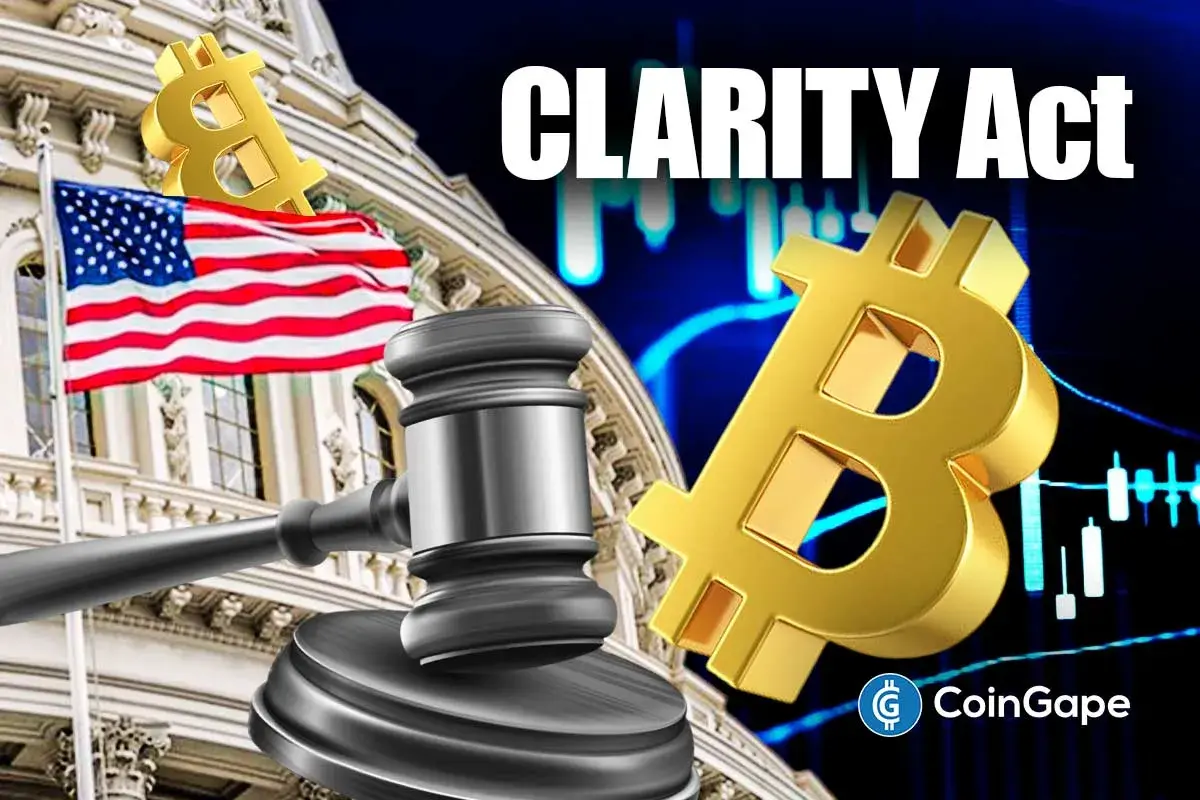CBDC Initiative to Enhance Philippine Payment Systems

Highlights
- Philippines' CBDC to bypass blockchain, ensuring seamless bank integration.
- BSP to pilot wholesale digital currency, setting a 2-year launch goal.
- Philippines explores tokenized bonds, pioneering digital finance in Asia.
The Philippines is on track to launch its digital version of the Central Bank currency (CBDC) within the next two years. This program, headed by the Bangko Sentral ng Pilipinas (BSP), intends to roll out the CBDC for wholesale through banks, which is a switch from the current approach to digital currency.
Wholesale CBDC Development Strategy
BSP Governor Eli Remolona said the CBDC project would not use blockchain, a decision arrived at in response to difficulties that other central banks have had in their blockchain experiments. In contrast to it, the digital money will work on a private payment and settlement system, which the central bank will control.
The purpose of this technique is to ensure that problems that may arise with the use of retail CBDCs, such as disintermediation and risk accumulation during crises, among others, are minimized.
Focus on Bank-Mediated Transactions
In the BSP’s approach, banks’ role in the CBDC infrastructure is highlighted as the primary channel through which consumers can obtain CBDC. Remolona indicated that the CBDC would only be accessible to banks and would enable the processing of payments for retail clientele. This model seeks to utilize the already available infrastructure in the banking sector to enable an effective and seamless integration of the CBDC into the Philippine financial system.
Remolona cited the CBDC projects in Sweden and China as fully functional, thus serving as models for digital currencies designed to complement physical cash and provide an alternative to cryptocurrencies. The BSP thinks applying the same model can improve the efficiency and security of financial transactions in the Philippines. Committed to implementing CBDC on his watch, Remolona foresees considerable progress by the end of the next two years.
Regulatory Aspects and Crypto Market’s Opinion
Similarly, the CBDC initiative is being implemented parallel to the regulation of the Philippines Securities and Exchange Commission (SEC) of the cryptocurrency industry. Recently, the SEC has strengthened its ban on Binance for continuing to operate without proper registration.
This step clearly shows the government’s conservative approach to foreign crypto exchanges and brings to light the need for adherence to compliance and customer protection laws under the changing digital finance landscape.
The Philippines is also investigating tokenized financial instruments, including the recent decision to issue tokenized treasury bonds as an extension to the CBDC project. This venture is a trailblazing case in the region that utilizes digital technologies in the context of traditional financial products that may serve as an example for innovative opportunities in the future.
Read Also: FTX to Sell Digital Custody Unit for $500K, Down from $10M Buy
- Expert Predicts Bitcoin Dip to $49K as ‘Trump Insider’ Whale Dumps 5,000 BTC
- Bitcoin Price Rebounds $70K, Here are the Top Reasons Why?
- Crypto Market Weekly Recap: Crypto Bill White House Meeting, Binance Buys $1B BTC, and More (9- Feb 13)
- TRUMP Coin Pumps 5% as Canary Capital Amends ETF Filing With New Details
- Crypto Prices Surge Today: BTC, ETH, XRP, SOL Soar Despite US Government Shutdown
- Crypto Price Prediction For This Week: Dogecoin, Solana and Cardano
- Bitcoin Price Prediction: How Could Brazil’s Strategic Bitcoin Reserve Proposal Impact BTC?
- 3 Top Reasons Pi Network Price Surging Today (14 Feb)
- XRP Price Prediction Ahead of Potential U.S. Government Shutdown Today
- Bitcoin Price Outlook As Gold And Silver Lose $3.6 Trillion in Market Value
- XRP and Ethereum Price Prediction as Trump Seeks to Lower Key Tariffs







